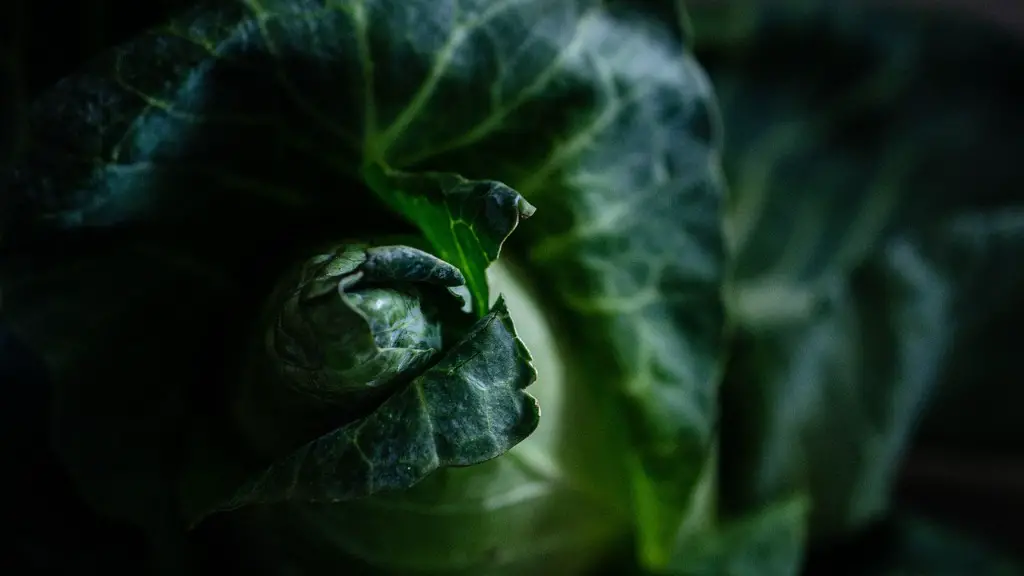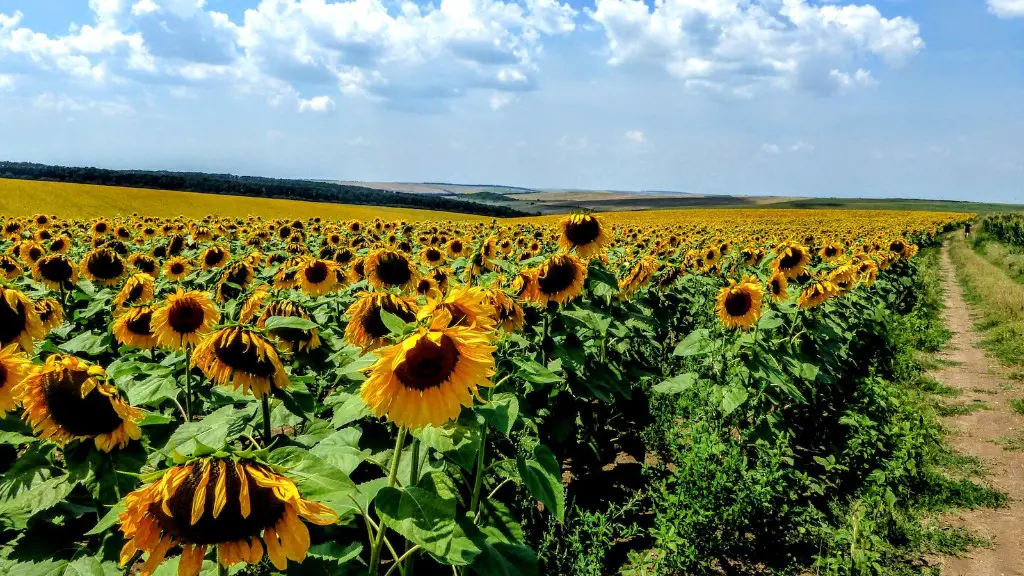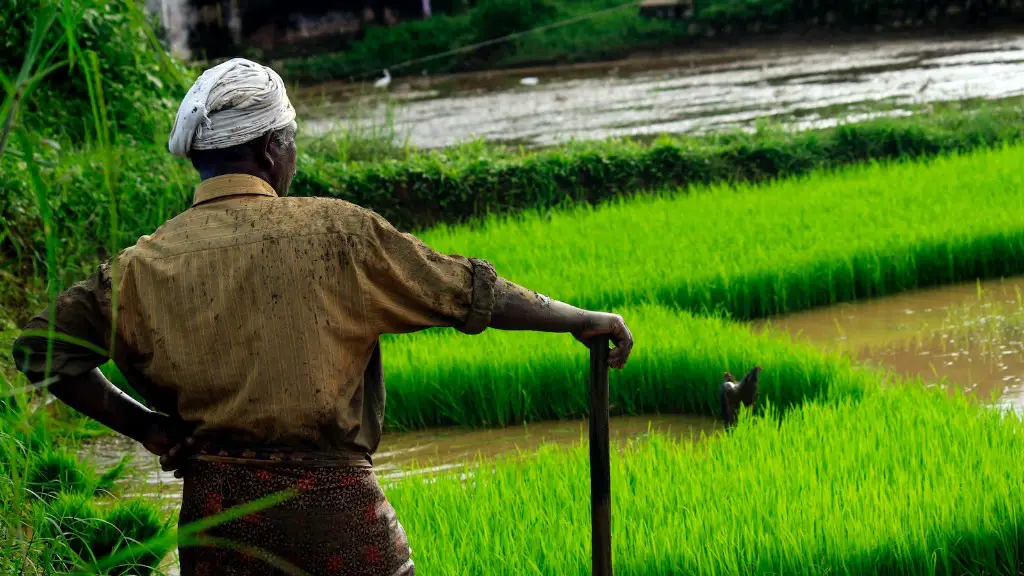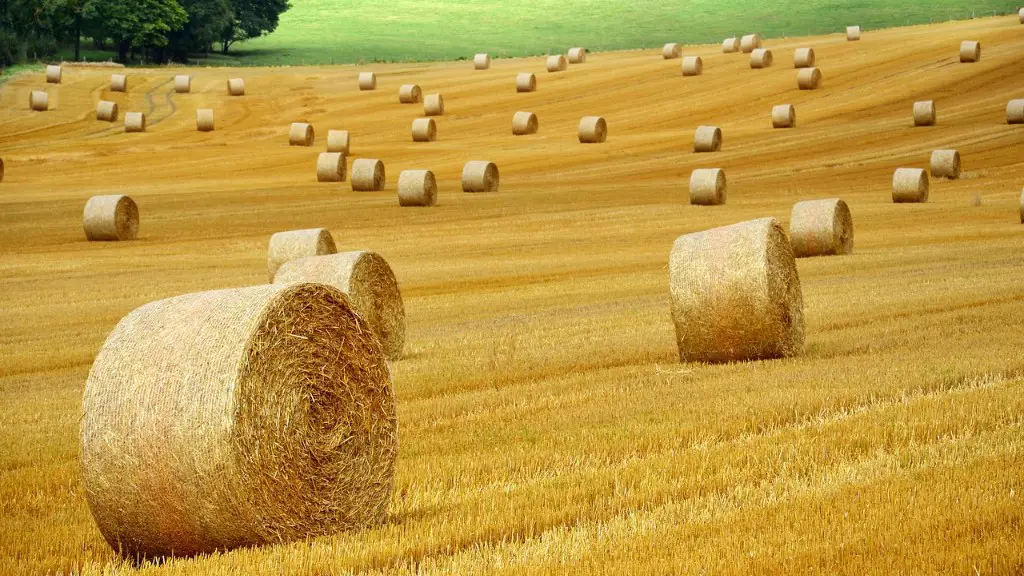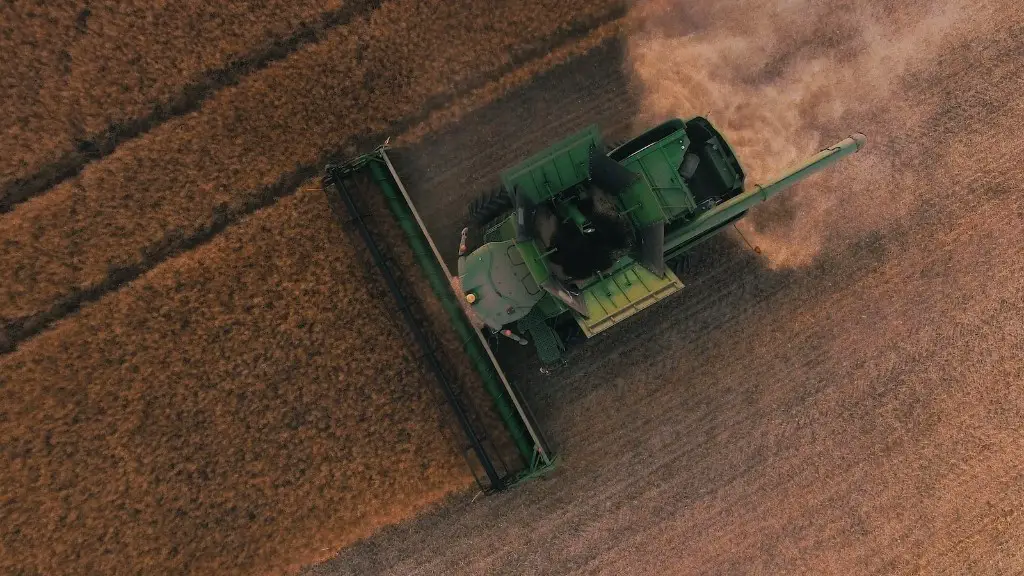There are many reasons sustainable agriculture is good, but some of the most important reasons are that it is environmentally friendly, it preserves resources, and it is good for the economy.
Sustainable agriculture is good for many reasons. It helps to preserve the environment, is less intensive and doesn’t require as many chemicals. This allows for a healthier product for the consumer. Sustainable agriculture also often benefits the local community by providing jobs and helping to keep the economy strong.
What are 3 reasons favoring sustainable farming?
Organic agriculture has many advantages over traditional farming methods, including being more sustainable and producing food that is free of GMOs. Additionally, organic farming methods make better use of soil and land resources, and they can increase the welfare of animals by providing them with more natural living conditions. Finally, organic agriculture can reduce pollution and benefit the environment in the long term.
Sustainable agriculture has a lot of advantages, but it also has some downsides. For example, it can take farmers longer to carry out their farm operations. But, overall, sustainable agriculture can help reduce costs, control pollution, and promote social equality.
How does sustainable farming benefit farmers
Sustainable agriculture is a hot topic these days, as more and more people are becoming aware of the harmful effects of pesticides and fertilizers. By avoiding the use of these hazardous chemicals, sustainable farmers are able to produce food that is not only safer for the consumer, but also for farmworkers and the surrounding communities. This is a great step forward in protecting our food supply and the environment as a whole.
The agricultural sector plays a vital role in protecting and enhancing the environment and natural resources. Agricultural production must be sustainable in order to protect the economic viability of farming operations and provide sufficient financial reward to farmers to enable continued production. Agricultural production must also contribute to the well-being of the community by producing sufficient high-quality and safe food.
What are 3 features of sustainable agriculture?
Sustainable agriculture is a type of agriculture that focuses on three main goals: environmental health, economic profitability, and social equity. A variety of philosophies, policies and practices have contributed to these goals, but a few common themes and principles weave through most definitions of sustainable agriculture. These themes and principles include a focus on ecological processes, biodiversity, soil health, water conservation, and energy efficiency.
There is a lot of debate surrounding sustainable agriculture, with some people suggesting that it is not profitable and not worth the effort. However, some research suggests that sustainable agriculture can actually be more profitable than conventional agriculture, due to the higher premiums that farmers can charge for organic and sustainably-grown produce. Additionally, sustainable practices like regenerative and no-till agriculture can actually lead to higher yield potential, making sustainable agriculture even more profitable.
How does sustainable agriculture affect the economy?
In the last half century, agricultural TFP growth has played a significant role in reducing poverty, increasing food security, decreasing land expansion and associated biodiversity loss, and mitigating greenhouse gas emissions. This growth has supported economic growth that has put money in farmers’ pockets and boosted rural economies.
Agriculture is the main source of raw materials for many industries. It is also important to international trade and plays a big role in a nation’s revenue. Agriculture provides employment for millions of people around the world and is crucial to a country’s development. It can also help heal the environment.
What are positive impacts of agriculture
Agriculture impacts society in many ways, including: supporting livelihoods through food, habitat, and jobs; providing raw materials for food and other products; and building strong economies through trade.
The food and agriculture sector is a critical part of the economy and plays a vital role in human health and wellbeing. It provides livelihoods for farmers and other workers, generates economic growth, and supports rural communities. The sector also provides raw materials for industry, including food and fiber, and is a major contributor to environmental sustainability.
The sector is also a major employer, with over 1.1 billion people employed in agriculture, forestry, and fishing worldwide. In developed countries, the sector accounts for a small share of employment, but in some developing countries it is the largest source of employment.
In addition to its economic and social contributions, agriculture also plays an important role in environmental sustainability. Agriculture is a major source of greenhouse gas emissions, but it can also play a role in mitigating climate change through carbon sequestration. Agriculture is also a major source of water pollution, but it can also help to protect and improve water quality through best management practices.
The first advantage of sustainable agriculture is the protection of the environment. Sustainable agriculture practices help to reduce erosion and natural resource degradation, improve air and water quality, and increase biodiversity. In addition, sustainable agriculture can help to decrease carbon emissions.
What are the positive effects of agriculture on the environment?
Urban farming is becoming increasingly popular as the benefits of this type of farming are becoming more and more acknowledged. The main benefits of urban farming include lower greenhouse gas emissions, minimal transportation requirements, and reduced energy use for food production. These benefits are making urban farming a more attractive option for those looking to live a more sustainable lifestyle.
Crop rotation involves growing a different type of crop in a particular area each year. This helps to replenish nutrients in the soil and also improves pest control methods. Intercropping is a method of growing two or more different types of crops in the same area. This helps to prevent soil erosion and also replenishes nutrients in the soil. Cover crops are plants that are grown to protect the soil from erosion. They also help to minimise weeds. Managing irrigation to reduce runoff is another practice that helps prevent soil erosion.
What is an important component of sustainable agriculture
There are a number of soil management practices that can be used to improve soil health, including:
– crop rotation
– cover crops
– green manures
– composting
– reduced tillage
– using organic amendments
All of these practices can help improve soil fertility, increase organic matter levels, improve drainage and aeration, and encourage beneficial soil organisms.
The goal of sustainable agriculture is to provide enough food for everyone while also reducing poverty and improving the quality of life for farming families. Sustainable agriculture utilizes farming methods that promote soil health and reduce reliance on fossil fuels for environmental sustainability.
What are 5 reasons why agriculture is important?
Agriculture is the most important sector of the Indian economy as it provides raw materials to a number of industries, such as cotton and jute fabric, sugar, tobacco, edible and non-edible oils. In addition, many other industries such as processing of fruits and vegetables and rice husking also get their raw material from agriculture.
The World Bank Group is a leading financier of agriculture and can help reduce poverty, raise incomes and improve food security for 80% of the world’s poor, who live in rural areas and work mainly in farming. The World Bank Group supports countries in their efforts to develop sustainable agricultural production systems that are more productive, resilient, climatically smart, and better for people and the environment. We provide financing, policy advice, and technical assistance to help countries reform their agricultural sectors and make them more efficient, competitive and profitable. We also work with the private sector to stimulate investments in agriculture.
Conclusion
There are a number of reasons why sustainable agriculture is good. For one, it is better for the environment. Sustainable agriculture practices help to conserve water and soil, and reduce pollution. Additionally, sustainable agriculture is often more efficient and can lead to higher yields. This is because sustainable practices help to improve the health of the soil, which in turn leads to healthier plants. Finally, sustainable agriculture is good for the economy. When farmers implement sustainable practices, they are able to reduce their costs and increase their profits. This benefits both the farmer and the consumer.
There are many reasons why sustainable agriculture is good. It helps to preserve our natural resources, it is better for the environment, and it helps to support local economies. Sustainable agriculture is also good for the people who work in the agricultural industry, as it provides them with stable jobs and incomes.
